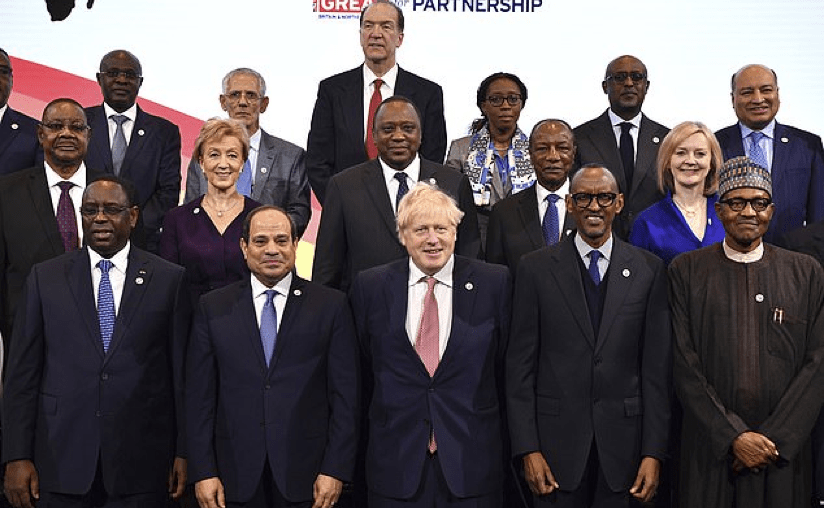There are no products in your shopping cart.
| 0 Items | £0.00 |


NIGERIA has refrained from signing up to a global agreement that would compel all multinational companies to pay corporation tax of 15% of their earnings to all countries in which they operate.
In a groundbreaking deal aimed at combating global poverty, 136 countries have signed up to these proposals on corporate tax reform. It is aimed at eliminating tax havens and bringing in additional $150bn a year from multinationals under a deal that will impose new taxes on tech groups such as Google and Amazon.
Despite the positive reception from other countries of the world, Nigeria, Kenya, Sri Lanka, and Pakistan have held out of this agreement. Last week, several nations prepared to sign up to the deal, with India only agreeing to it at the last moment, while China and Brazil were reluctant signatories.
This represents the biggest corporate tax reform for more than a century orchestrated by the Organisation for Economic Co-operation and Development (OECD), which includes a 15% global minimum effective corporate tax rate, plus new rules to force the world’s multinationals to declare profits and pay more in the countries where they do business. However, Sri Lanka, Pakistan, Nigeria and Kenya are not happy with the agreement, which leaves them short-changed.
Difficulties in implementing the deal became apparent when Janet Yellen, the US treasury secretary, urged Congress to swiftly enact the proposals by using the so-called reconciliation process, which allows bills to pass the Senate with a simple majority. She said the agreement was a once-in-a-generation accomplishment for economic diplomacy.
Ms Yellen said: “As of this morning, virtually the entire global economy has decided to end the race to the bottom on corporate taxation. Rather than competing on our ability to offer low corporate rates, America will now compete on the skills of our workers and our capacity to innovate, which is a race we can win.”
With this deal, the stakes remain high for the US and countries such as India that have levied digital services taxes on Silicon Valley tech groups. If Congress fails to implement the deal, those countries may go ahead with their digital taxes, sparking trade disputes with the US.
However, the deal gives the US space to ratify the agreement, specifying that no newly enacted digital services taxes or other relevant similar measures will be imposed on any company from 8 October 2021 for two years. However, developing countries have complained about the lack of revenue they stand to make from the deal on fairer distribution of profits and taxing rights.
They point out that this is worsened by the removal of digital service taxes, which was a deal-breaker for Nigeria and Kenya despite OECD estimates showing they would gain. This is quite significant considering the recent move by the Nigerian government to ensure that social media firms like Twitter begin to remit taxes.
According to the OECD the framework is divided into two pillars, which include ensuring a fairer distribution of profits and taxing rights among countries. It would re-allocate some taxing rights over multinationals from their home countries to the markets where they have business activities and earn profits, regardless of whether firms have a physical presence there.
Under Pillar One, taxing rights on more than $100bn of profit are expected to be reallocated to market jurisdictions each year. Then, the second pillar seeks to put a floor on competition by introducing a global minimum corporate tax rate of 15%.